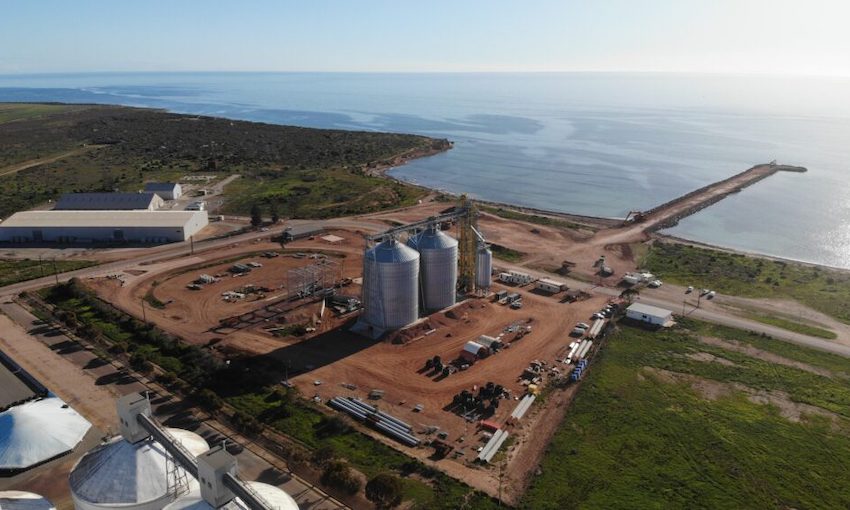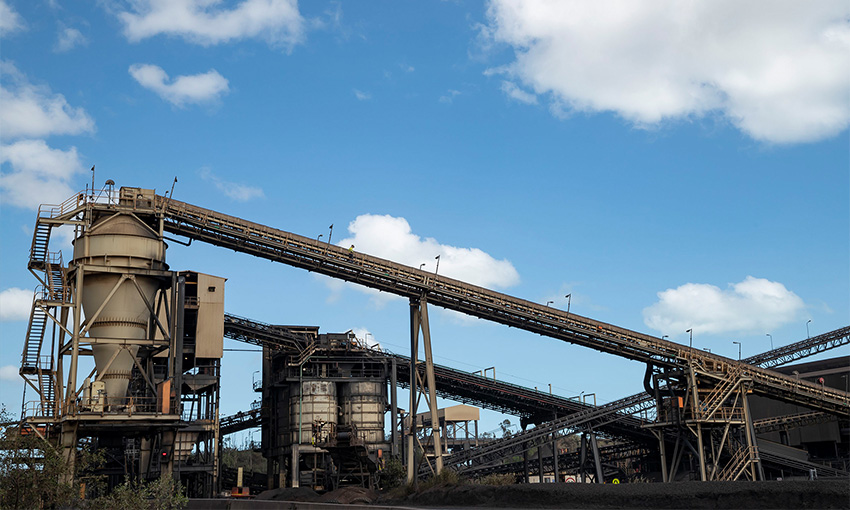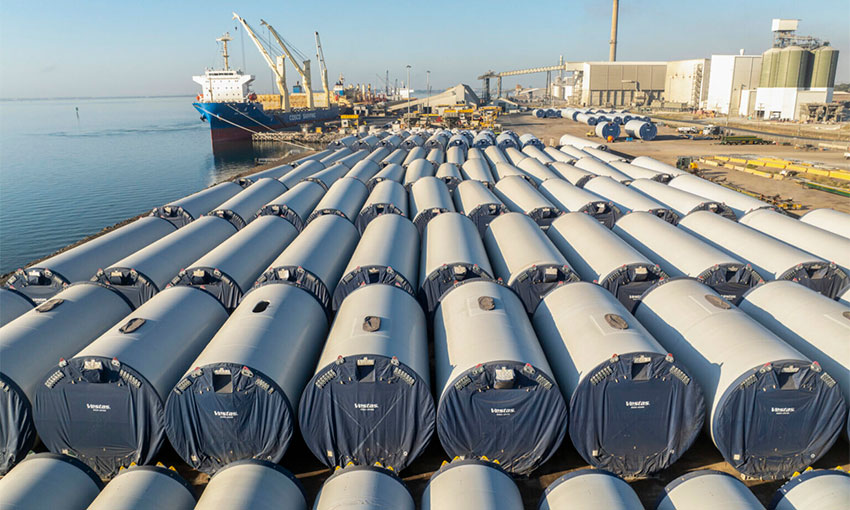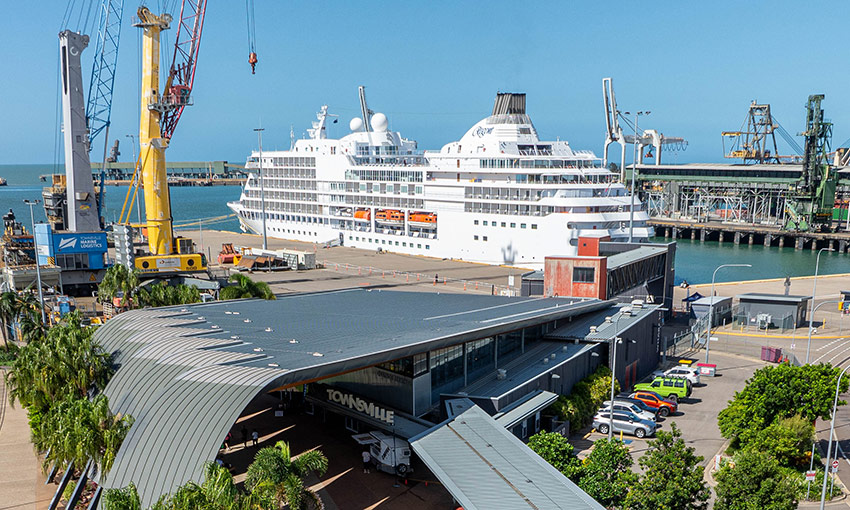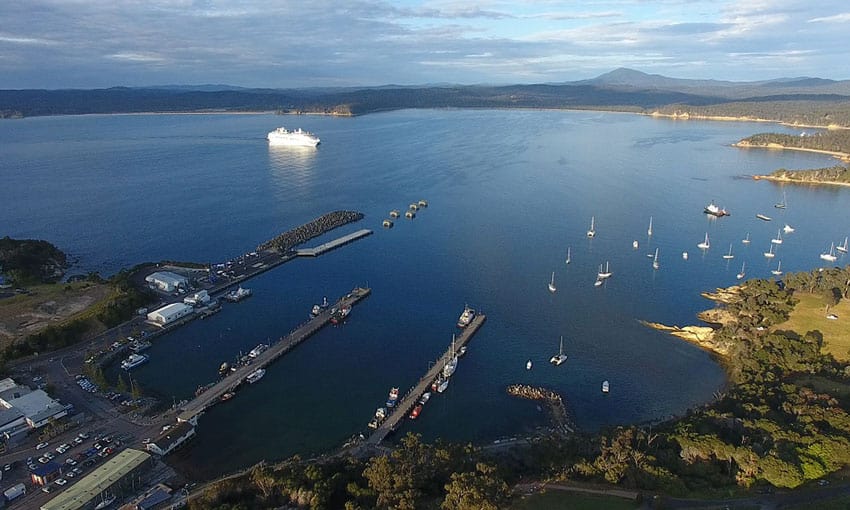T-PORTS’ has announced it is on track to receive grain at its Wallaroo bunker site ahead of the 2022 harvest and has opened shipping capacity at its transhipment port.
T-Ports chief executive officer Scott McKay said feedback from Yorke Peninsula and Mid North Growers has indicated strong support for new competition in the supply chain.
“We have been meeting with growers over recent weeks and we’re pleased to be able to tell them we’ll be ready to receive their grain this year,” he said.
“Construction on the bunker site and work on the port site is on track. We expect shipping from Wallaroo to commence later in 2023 and have been in regular communication with our clients to update them on the timelines.”
Mr McKay said the company recently started accepting shipping capacity applications for the 22/23 harvest season, with seven buyers now on board at T-Ports sites.
“We’ll be using the same transhipment vessel, MV Lucky Eyre, for shipping grain from Lucky Bay and Wallaroo and will look to manage logistics accordingly,” he said.
“At this stage, we’re accepting bookings for shipping from Lucky Bay and strong demands for expressions of interest for Wallaroo while we work to confirm timeframes.”
Mr McKay said the company made minimal price increases over its first years of operation, however an increase in operational costs has led to an unavoidable increase in port handling and shipping charges this year.
“Unfortunately, the reality of doing business in 2022 is that the cost of everything in construction and operations has increased – labour, materials, fuel, accommodation, repairs, maintenance– and we can no longer absorb these costs,” he said.
“The silver lining is that grain prices remain strong, and the season looks on track to deliver average to above-average yields.
“We’re continuing to engage with our key client and grower stakeholders to reinforce our commitment to delivering innovation, competition and value for money.”
The new Wallaroo grain export facility will feature steel silos with 20,500 tonnes of grain capacity and a rock causeway with grain conveyed to a ship loader for loading onto the transhipment vessel.
A nearby site will feature six bunkers with a total of 240,000 tonnes of grain capacity.

